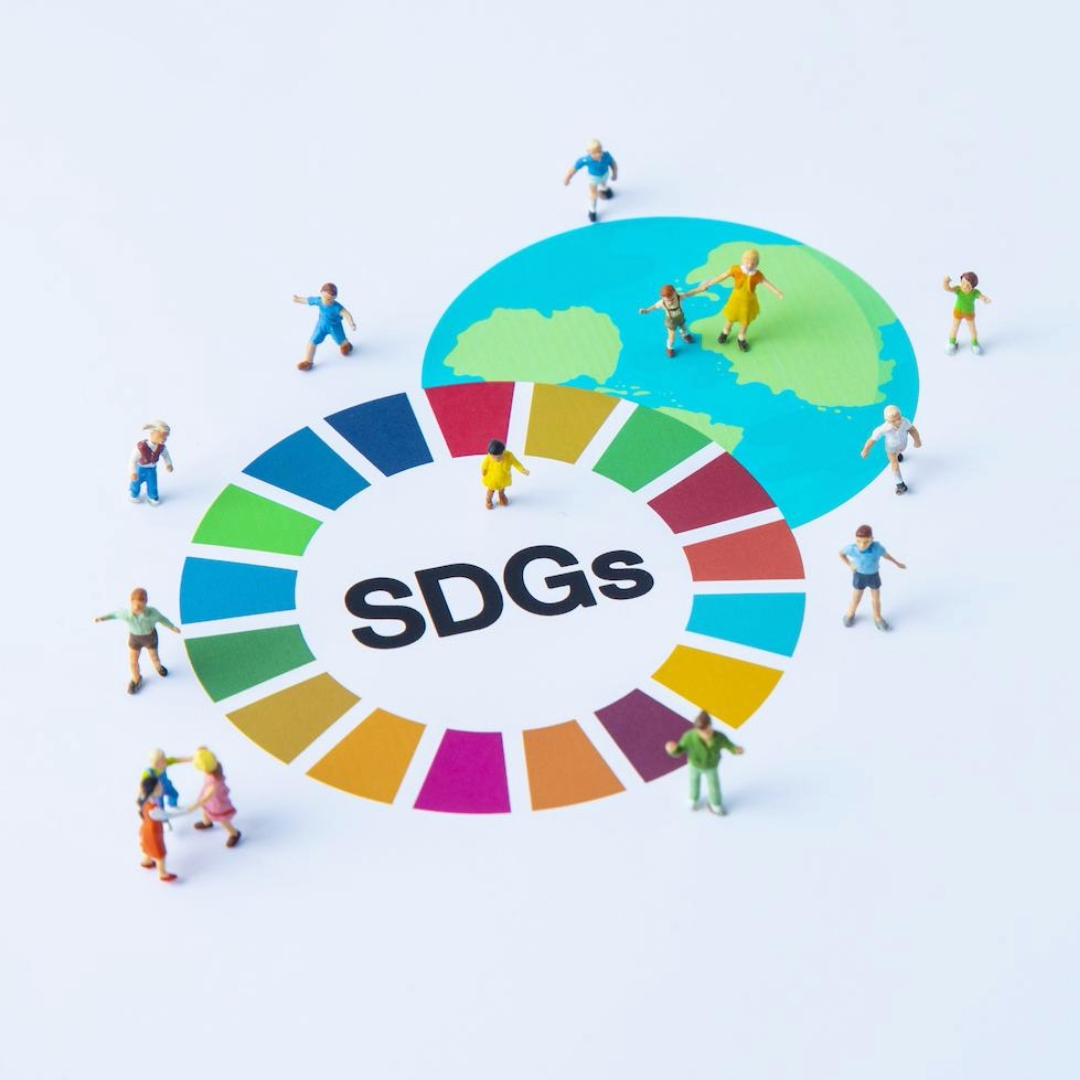Innovations That Can Accelerate the SDGs –
A critical way to improve the Sustainable Development Goals is to increase accountability among nations, organizations, and other stakeholders. Independent monitoring mechanisms could be established to track progress on the SDGs Acceleration and ensure transparency. These independent bodies should produce regular progress reports benchmarking nations against the goals and targets.
Benchmarking tools need to be strengthened to allow comparative assessment across countries. Standardized metrics and methodologies for data collection will facilitate this process. Annual rankings on SDGs Implementation could spotlight leaders and laggards.
Independent audits of self-reported data could verify accuracy and completeness. Regular multilateral surveillance reviews among nations, similar to those done by the IMF and World Bank, would also foster accountability through peer pressure.
Public scorecards can empower citizens to hold their governments accountable on sustainable development commitments. Clear benchmarks make it easier for civil society to monitor progress and exert bottom-up pressure.
Binding international agreements with enforcement mechanisms would also compel nations to fulfill their pledges. Non-binding goals are insufficient. Targets need to be translated into national policies, laws, and regulations with consequences for non-compliance. International sanctions could be imposed on non-performing countries.
Increasing accountability at all levels will accelerate implementation of the sustainable development agenda and ensure achievement.

Improving Measurement
Accurate and standardized measurements are critical for tracking the world’s progress on the Innovations for SDGs. Several steps can help strengthen the monitoring systems that underpin the goals:
- Invest in better data collection globally. High-quality data is essential, yet many countries lack the resources and capacity for robust data gathering. Increased funding and support for national statistical systems, especially in developing countries, would enable more comprehensive monitoring.
- Standardize indicators across countries. The UN has defined over 230 global indicators, but countries interpret and measure these differently. International coordination to align methodologies and reporting would improve comparability. Regional peer reviews could help harmonize practices.
- Disaggregate data by gender, income, and other factors. Data must be broken down across social and demographic lines to identify inequalities and ensure no one is left behind – a core principle of the Global Development Initiatives. Capacity building for data disaggregation should accompany statistical capacity development.
With improved measurement systems, we can better understand where progress is or isn’t happening. This enables accountability and appropriate targeting of policies, programs, and funding to fulfill the SDGs.
National Implementation
The success of the Sustainable Solutions ultimately relies on effective national implementation. Translating the global goals into local contexts remains a key challenge. Each nation faces unique needs, priorities, and constraints. Effective implementation requires tailoring the Technology for Social Impact to align with domestic realities.
Governments must assess how to apply the goals within their specific circumstances. Strategies and policies should resonate with local values, build on existing momentum, and address pressing national concerns. Implementation plans need flexibility to adapt the Goal-oriented Innovations to national priorities. Localization also enables countries to take ownership over the goals.
Adequate funding and resources are critical for implementation. The Social Development Strategies demand major investments across all sectors. Developing countries especially require support to build capacity. Partnerships with external donors can provide financing, but governments must allocate domestic funding as well. Resources should focus on national priorities aligned with the Global Impact Innovations.
Multi-stakeholder coordination is essential for mobilizing society around the goals. Governments need to collaborate across all levels, from national to local. Partnerships with civil society, academia, and business are equally important. Inclusive processes that engage diverse groups create broader ownership and tap local expertise. Communication and transparency help align efforts between stakeholders. With coordinated action across all parts of society, countries can make meaningful progress on the Sustainable Technology Solutions.





Your article helped me a lot, is there any more related content? Thanks!